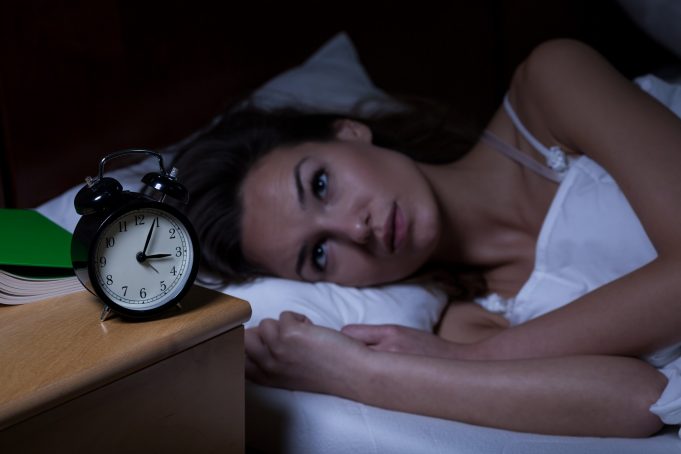How to Fight Insomnia
Insomnia has become the bane of modern-day professionals and youngsters. In the long run, it can cause many health problems…
Work pressure, performance pressure, partying, stress, worries, late night TV… A host of reasons keep us up at night. Over a period of time, the choice to stay up turns into compulsion as insomnia sets in. Over time, even on the days we want to crash, we find sleep eluding us.
Causes of insomnia
Insomnia can be triggered by psychiatric or medical conditions apart from unhealthy sleep habits, use of certain substances as well as biological factors.
- Certain conditions that can cause insomnia include nasal/sinus allergies, gastrointestinal problems such as reflux, hyperthyroidism, arthritis, asthma, neurological conditions, sleep apnea and chronic pain in the back. Sometimes, medications taken for these diseases can also cause insomnia.
- Psychiatric conditions such as depression can cause insomnia. The reverse is also true – persistent insomnia can lead to major depressive disorders.
- Substances such as alcohol, caffeine and nicotine can also disrupt sleep. Heavy meals at bedtime can make falling asleep difficult.
Go back to sleep
If you find falling asleep difficult, make sure you visit a doctor to eliminate medical conditions before trying other methods of improving sleep at night.
However, if it is more related to food or lifestyle, then here are a few tips that can help improve sleep and fight insomnia:
Keep your bedroom restful: It has become common to have a TV in the bedroom. Some even use the bed as their office at home! In the short term, this may seem relaxing, in case of the TV, and economical, in case of the office. However, it makes the bedroom stressful rather than restful. Keep your TV in another room. Banish laptops and smartphones from your bedroom too.
Have a sleep ritual: Rituals help prepare the mind and body for an activity. Similarly, if you establish ways to unwind before going to bed, the body responds by getting ready to sleep. Check to see if doors are locked, change into comfortable night clothes, brush your teeth, switch the lights off at a specific time at night and go to bed. Slowly, you will find your rhythm and get better sleep.
A warm bath: A relaxed mind can help you fall asleep faster and also result in more restful sleep. Just before going to bed, bathe in warm water. Add a few drops of essential oil – lavender is best for this purpose – and wash your stress away.
Meditate: Many a times, stress is because of an overactive mind that tries to look back at that day’s events or anything that has been bothering us. This gets us all worked up. The best way to unclutter the mind is to take deep breaths and follow your breathing. As the mind slowly detaches itself from thoughts, you can meditate and relax. After you lie down, if you find thoughts returning like waves, focus on your breath… Soon you may even catch yourself beginning to snore!
Get some melatonin in: This chemical is important to get sleep, and is found in cherries and bananas. So, having some cherries and banana during the day can help you sleep better at night.
Regular exercise: Regular exercise will not only energize you during the day, but help you sleep better at night. However, don’t exercise before going to bed, since it will disturb your sleep pattern.
Balanced diet: While carbs have been much abused as the cause for weight gain, along with fat, the body needs it to convert certain minerals that help in getting proper sleep. Similarly, a body that is well nourished is more relaxed and better able to go to sleep. While dieting, don’t eliminate any food group completely, but instead, reduce portions.
While lack of sleep may seem like a great opportunity to catch up on pending work, as one ages, insomnia causes a host of health issues. Catch insomnia early and treat it for a healthy and long life.













































